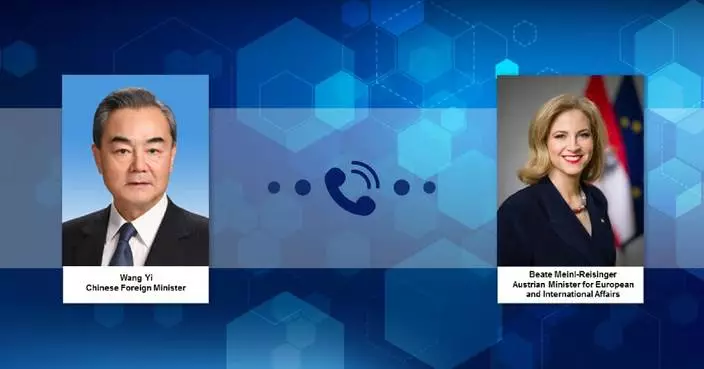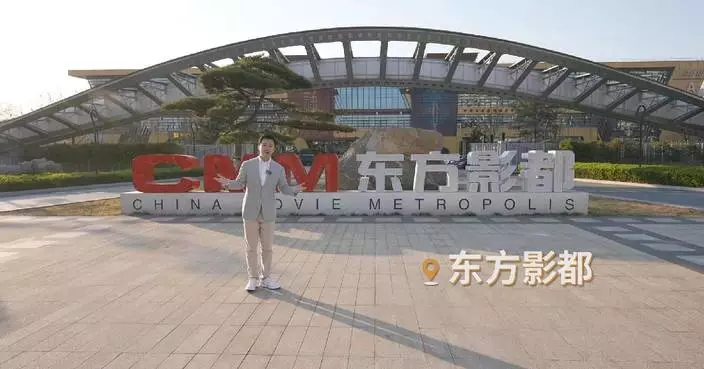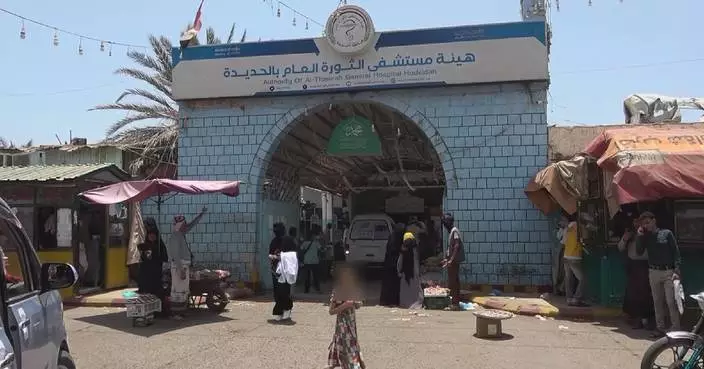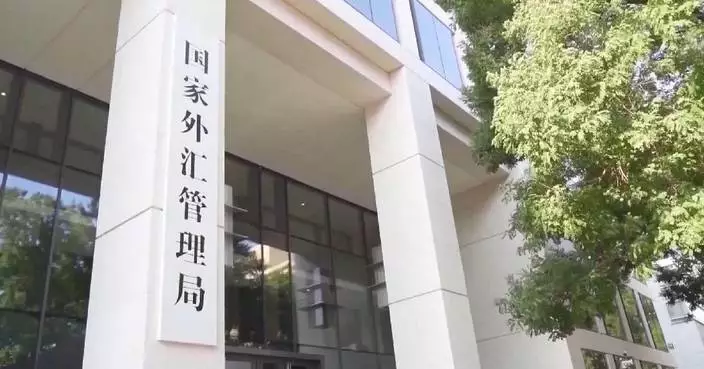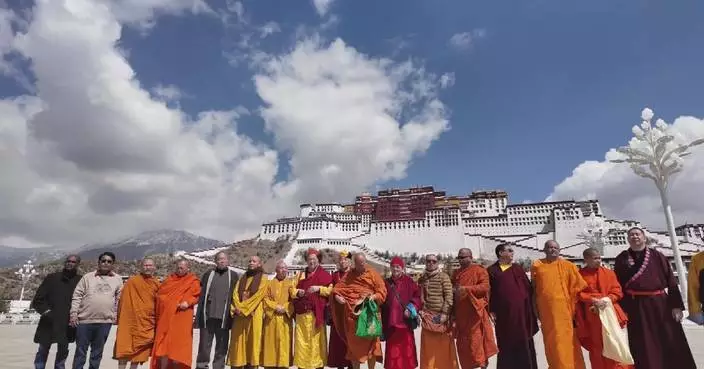Today (Sep 7) marks the birthday of Yuan Longping, widely known as the "Father of Hybrid Rice." Over the course of his 50-year career, Yuan made remarkable contributions to solving global food security challenges. Today, more than 20 African countries have brought in and cultivated hybrid rice from China to feed their people.
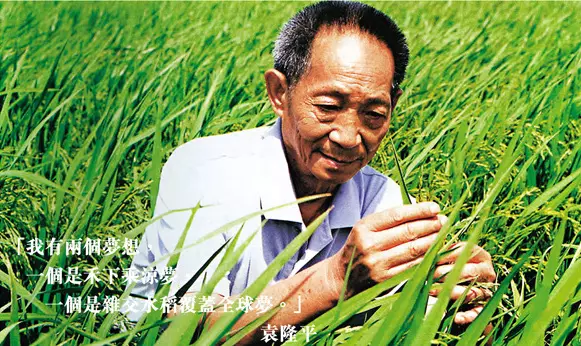
In 2006, at the Beijing Summit of the Forum on China-Africa Cooperation (FOCAC), the Chinese government pledged to initiate 10 new agricultural projects in Africa within three years. By 2008, Li Yanping and a team of experts from Hunan Province brought hybrid rice seeds to Madagascar, the largest island nation in Africa. Notably, Li Yanping was the only female member of the Chinese agricultural delegation.
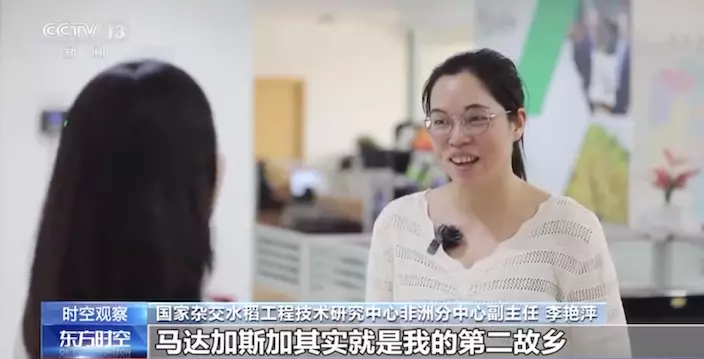
"Madagascar is truly my second home," Li stated. Over the past 16 years, she has spent at least 11 months each year in Africa, sharing China’s hybrid rice expertise across the continent.
Madagascar’s geographic conditions present significant challenges for rice cultivation. The east coast is frequently hit by typhoons, which flatten crops, while the west coast, with its savanna climate, suffers from drought. This has necessitated the development of rice varieties capable of withstanding both floods and droughts.
Rice is Madagascar’s staple crop. However, due to factors such as poor seed quality, outdated cultivation techniques, and inadequate infrastructure, the country has long struggled to meet its own food needs.

Li Yanping recalled, “The local children were emaciated, like skeletons. We would buy cookies and sugar to share with them, and they would run over, gratefully saying thank you. In those moments, I thought, if only we could use hybrid rice to help solve their food shortages and poverty.”
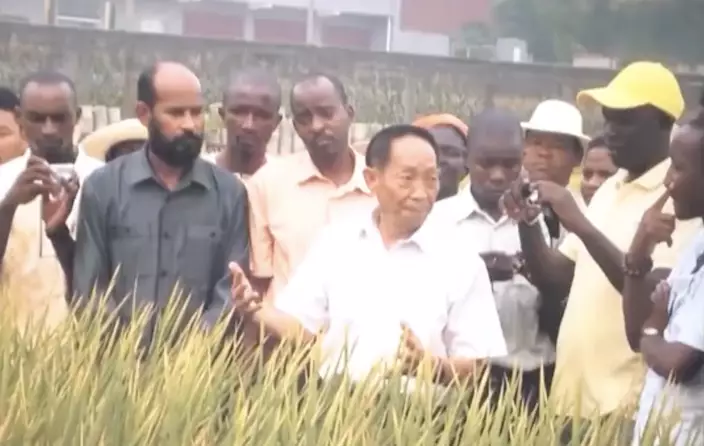
Under the guidance of Yuan Longping, Li Yanping and her colleagues spent the next decade traveling across Madagascar’s rice-growing regions. Their efforts resulted in the successful development of three high-yield hybrid rice varieties suited to local conditions, thus enabling the localization of hybrid rice in Madagascar.
While traditional rice varieties in Madagascar produce an average yield of 2.5 tons per hectare, hybrid rice yields can reach up to 7.5 tons per hectare.
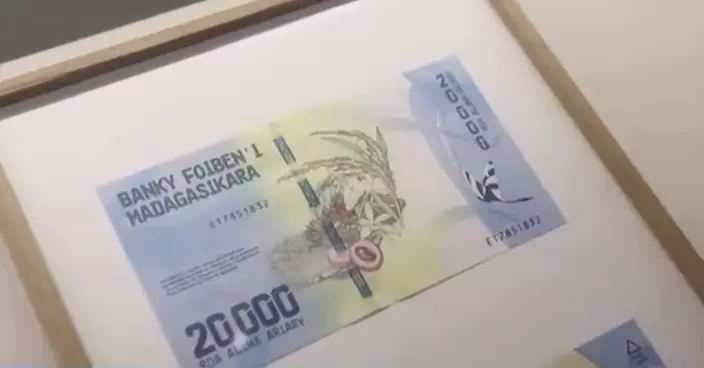
In August 2017, a government delegation from Madagascar traveled to Changsha, Hunan Province, to present Yuan Longping with a special gift: a newly issued Madagascar’s 20,000 Ariari banknote featuring a bundle of rice crop, symbolizing the profound impact of Chinese hybrid rice on the nation’s food security.
“May everyone under the sun be free from hunger," Yuan Longping often said. This was his greatest vision before he passed away.
After his death, a government representative of Madagascar brought from home a bowl of hybrid rice produced in Madagascar, and placed it in front of Yuan’s tomb. “Farmers in Madagascar who grow hybrid rice entrusted me with this bowl of rice to honour Professor Yuan. It carries the love and sincere gratitude of the people of Madagascar,” Rakutoson Filibel, former Secretry General of the Ministry of Agriculture of Madgascar told reporters. “Without Professor Yuan Longping, Madagascar would never have learned about hybrid rice. Without hybrid rice, Madagascar could not have developed the way China has,” he said.
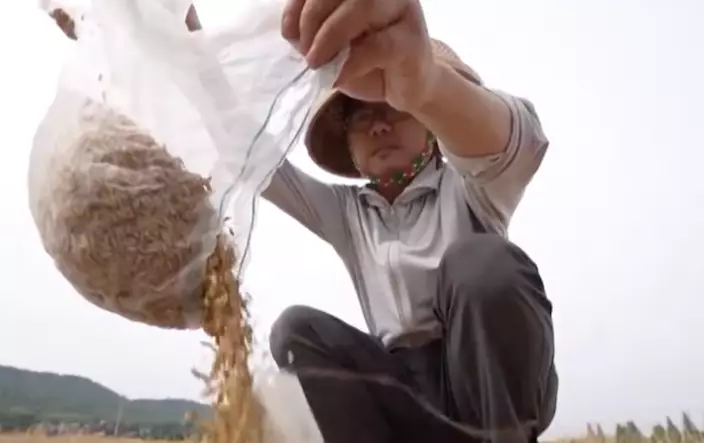
As part of the first three-year plan of the China-Africa Cooperation Vision 2035, China has dispatched over 500 agricultural experts to Africa and trained nearly 9,000 agricultural specialists. By the end of last year, China had established 24 agricultural technology demonstration centres across Africa, introducing more than 300 advanced farming techniques, including dense maize planting, vegetable cultivation, and rapid cassava propagation. These initiatives have benefited over one million African smallholders, contributing significantly to poverty reduction and development across the continent.
Mao Paishou
Mao Paishou
** The blog article is the sole responsibility of the author and does not represent the position of our company. **











